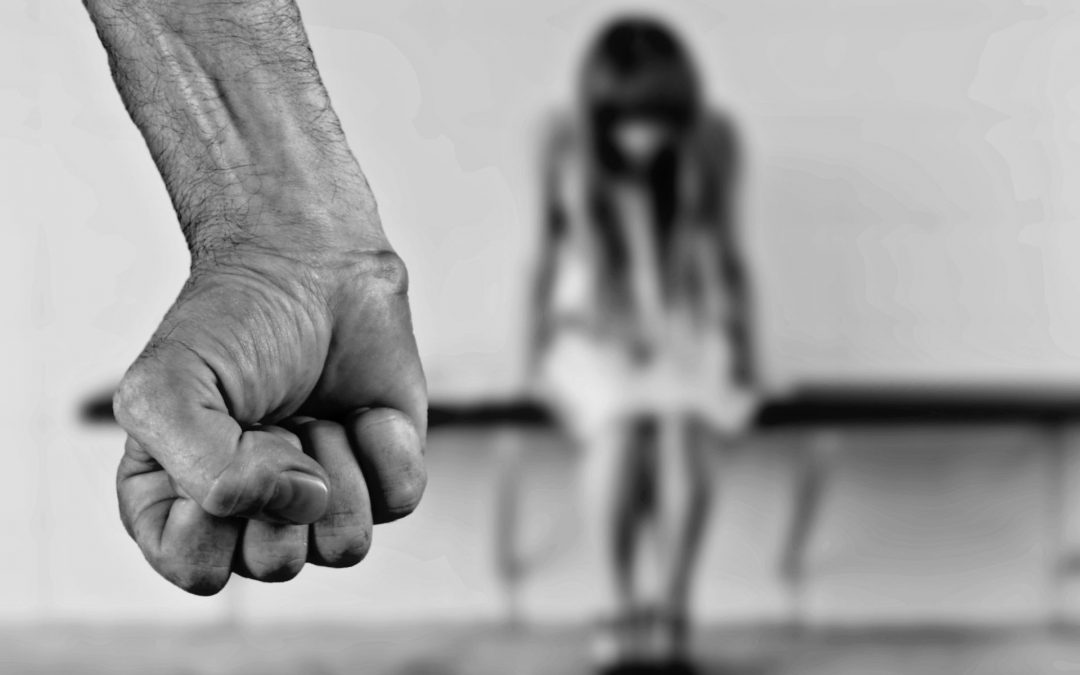
by nhe21 | Nov 9, 2023 | Dashboard, Visualization
The history of women’s empowerment in the United Arab Emirates’ social progress is framed by declining fertility rates and a concerted attempt to incorporate women into the workforce. In the midst of this fascinating journey, where the fertility rate has gradually dropped from 4.54% in 1990 to a measured 1.46% in 2021, the United Arab Emirates is at a turning point in its history, overcoming both obstacles and successes as it works toward a future characterized by demographic transitions.
In the face of economic fluctuations, exemplified by a decline in GDP from $417 billion in 2019 to $349 billion in 2020 before peaking at $508B in 2023, UAE remains steadfast in its commitment to stability. This commitment is reflected in the deliberate strides towards gender equality within the workplace, transforming a historical landscape of imbalance. Political leadership, once devoid of female representation at 0% in 1997, has evolved to an inspiring 50% in 2022. Similarly, management roles have seen growth from a modest 12.20% in 2017 to a commendable 23.6% in 2021, portraying a nation charting new territories with determination. Moreover, as shown in the heat map, female percentage of 6.31% among the total female employed population, compared to a male percentage of 4.92% among the total male employed population, the overall self-employment rate stands at 5.15%. This signifies that, in the realm of self-employment, women play a more substantial role, surpassing their male counterparts and collectively making a significant impact on the overall self-employed landscape in the UAE.
To address the challenges faced, a multifaceted approach is recommended. Firstly, actively promoting women’s participation in politics has proven to be transformative, exemplified by successful models achieving 50% female representation in national parliaments. Additionally, supporting and fostering women’s career advancement is crucial, evident in the rising trend of increased female presence in senior and middle management roles. Furthermore, it’s vital to prioritize maintaining healthy fertility rates. This can be achieved through the implementation of comprehensive family-friendly policies, encompassing affordable childcare, flexible work arrangements, and robust support for parental leave. Low fertility rates, prevalent in Western countries, pose significant concerns, and safeguarding against this trend is crucial, especially in the context of an Arab country like the UAE.
This complex journey has not been without its achievements. The increased representation of women in parliamentary roles and senior management positions serves as evidence of the UAE’s holistic approach to women’s empowerment. These accomplishments underscore the significance of an unwavering dedication to gender-inclusive policies, showcasing the nation’s commitment to ensuring continual progress. As the UAE confidently embraces change, it invites the world to witness a seamless blend of demographic adaptability and a resolute embrace of women’s empowerment, illustrating a nation shaping its future with foresight and purpose.

by faw02 | Apr 15, 2022 | Uncategorized
What is The Women Business and The Law Index?
Women’s underestimation and underrepresentation is a wide-spread phenomenon over the globe. With time, some countries worked on diminishing any type of discrimination between genders, while others fell-behind on this matrix. A special tool used to measure the degree of inequality is the Women’s Business and The Law Index, an index that consists of several political, social, and monetary indicators such as:
- Freedom of Movement
- Starting a job
- Getting paid
- Managing assets
- Getting Married
- Having children
- Managing a Business
- Getting a pension
The above-mentioned index scores each country based on its progression and standing in regards to the 8 indicators that cover almost all the angles of sustaining a proper life.
How Can Countries Improve Their Score?
Certain first-world countries such as the United States, Canada, and Western Europe have succeeded in increasing their Business and Law score for women by applying foundational rules and quotas.
Following by example, remaining countries can try implementing one or more of the following solutions:
– Establishing a quota on governmental representation
– Shedding light on women’s crucial role in the business world, as supported by many studies and experiments.
– Establish recruitment targets to select women candidates and support them to join/run a political party.

by Sara Bou Hamdan | Nov 21, 2021 | Dashboard, Visualization
“Tigist, I am really sorry for what happened to you, but honestly, it’s okay, not a big deal. I understand it’s not the first time, but you’re not the first nor the last wife to be beaten by her husband.
You can cry and react but at the end of the day these are the norms my dear and do not expect your mother, sister, or other women to defend you, this is fine to them.”
Am I surprising you? Well, welcome to Africa!
A woman’s attitude toward wife-beating is a proxy for her perception of her status. Globally, 1 in 3 women have been subjected to intimate partner violence, non-partner sexual violence, or both at least once in their life. Many women still consider such violence as ‘justifiable’.
The majority of countries located in in Africa reported the highest average percentage of women justifying a husband beating his wife compared to other countries as shown in the map below.
What were the most justified reasons for domestic violence?
Among the 5 reasons for wife beating listed in the below dashboard, women mostly justified a husband beating his wife when she neglected the children. But, the range of these percentages is quite different when comparing Africa with other continents. There are very high violence acceptance rates across all reasons for Africa whether because she went out without telling him, argued with him, refused to have sex, or even burnt the food.
Unfortunately, Africa still has a long way to go since the gap between the percentage of women justifying wife beating and women making their own informed decisions on sexual relations, contraceptive use, and reproductive health care is significant and positive in the rest of world and has been improving over time while this is completely the opposite case in Africa.
So, what can be done?
Well, here comes the major role of education whereby education helps young people know their rights and change social norms. In this regard, providing children and youth a safe space that is free of fear, violence, and exclusion is essential.
The below dashboard validates the positive effect of primary educational attainment for females on wife beating perception through a significant negative correlation between the two factors. With higher primary educational attainment, less women tend to justify wife beating.
We can also confirm this when looking at how investment in primary educational attainment for females in Turkey improved wife beating perception over time (inverse case in Cambodia, Africa).
In conclusion, we need support from international NGOs to promote and enhance education in under-developed countries and attract funding. Direct awareness on women rights through field work and local campaigns is also key for better self – perception by women.
Finally, what happened to Tigist is not fine and we need the rest of the society to believe this as well as a start…


